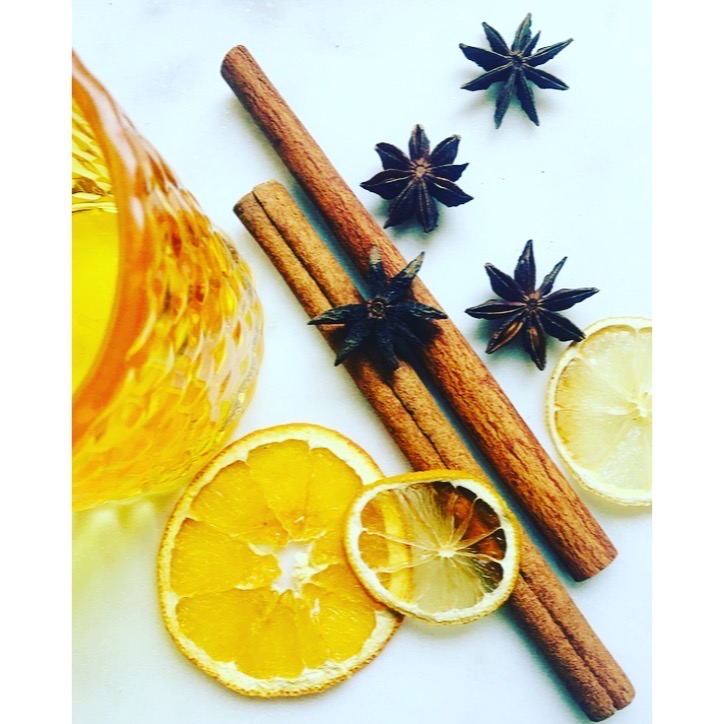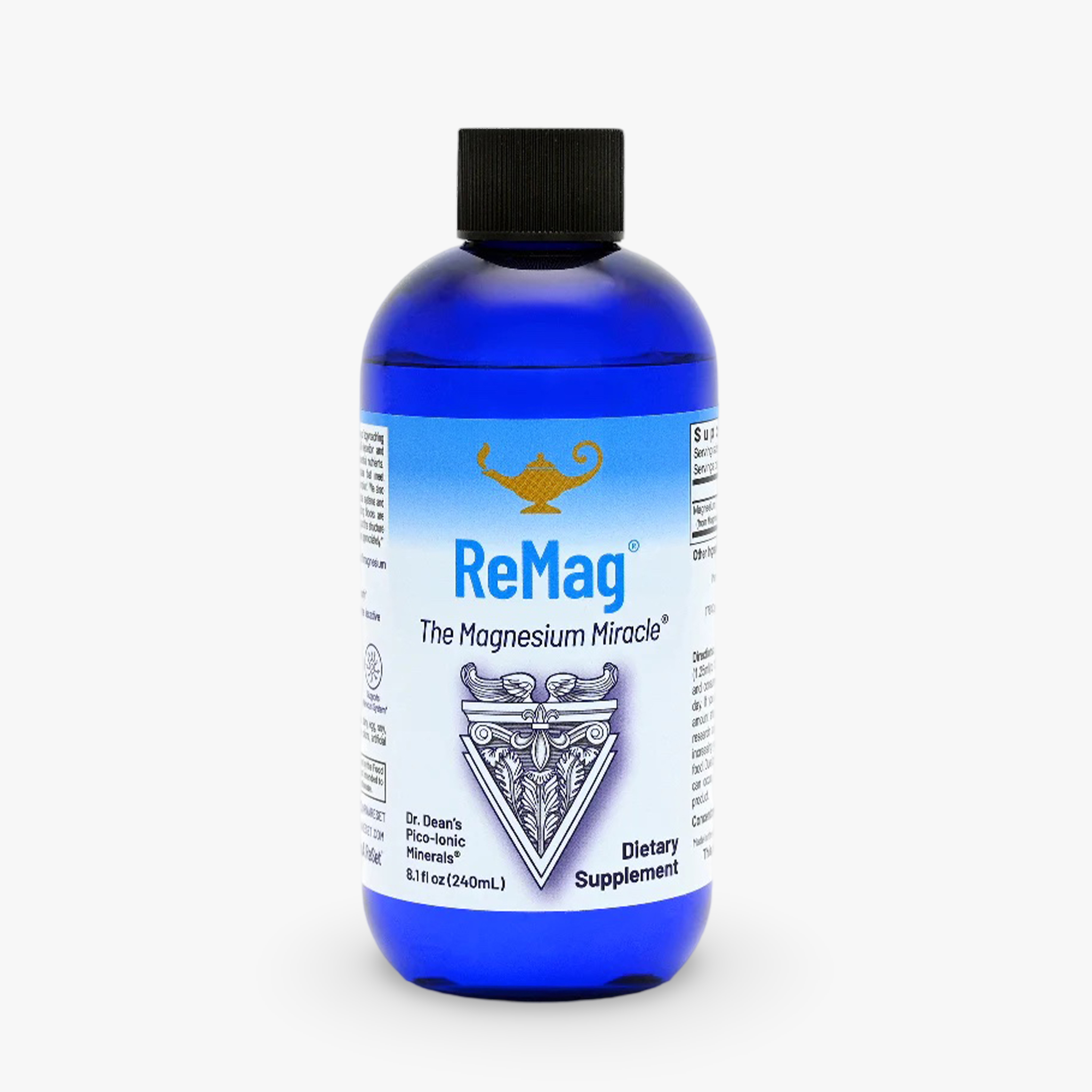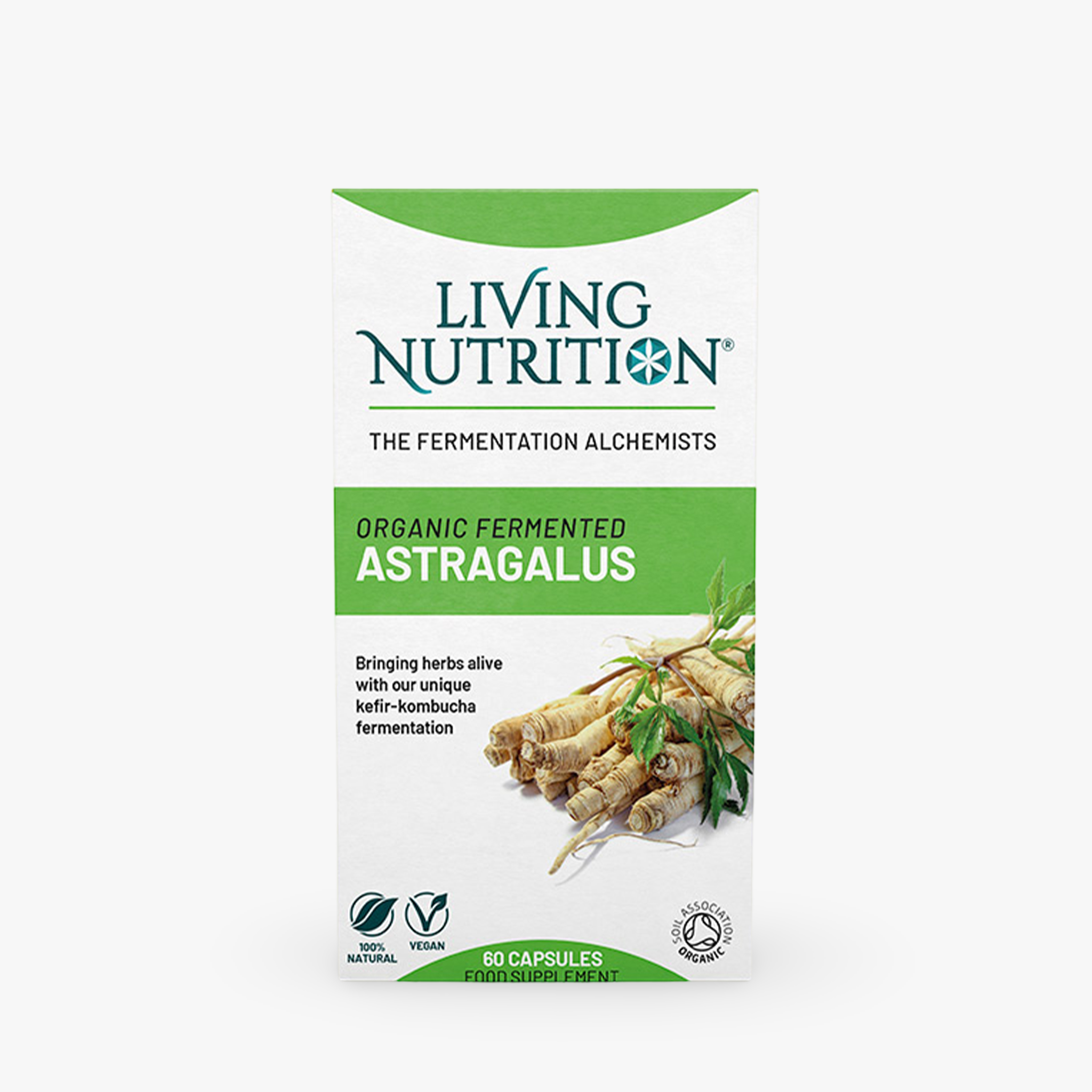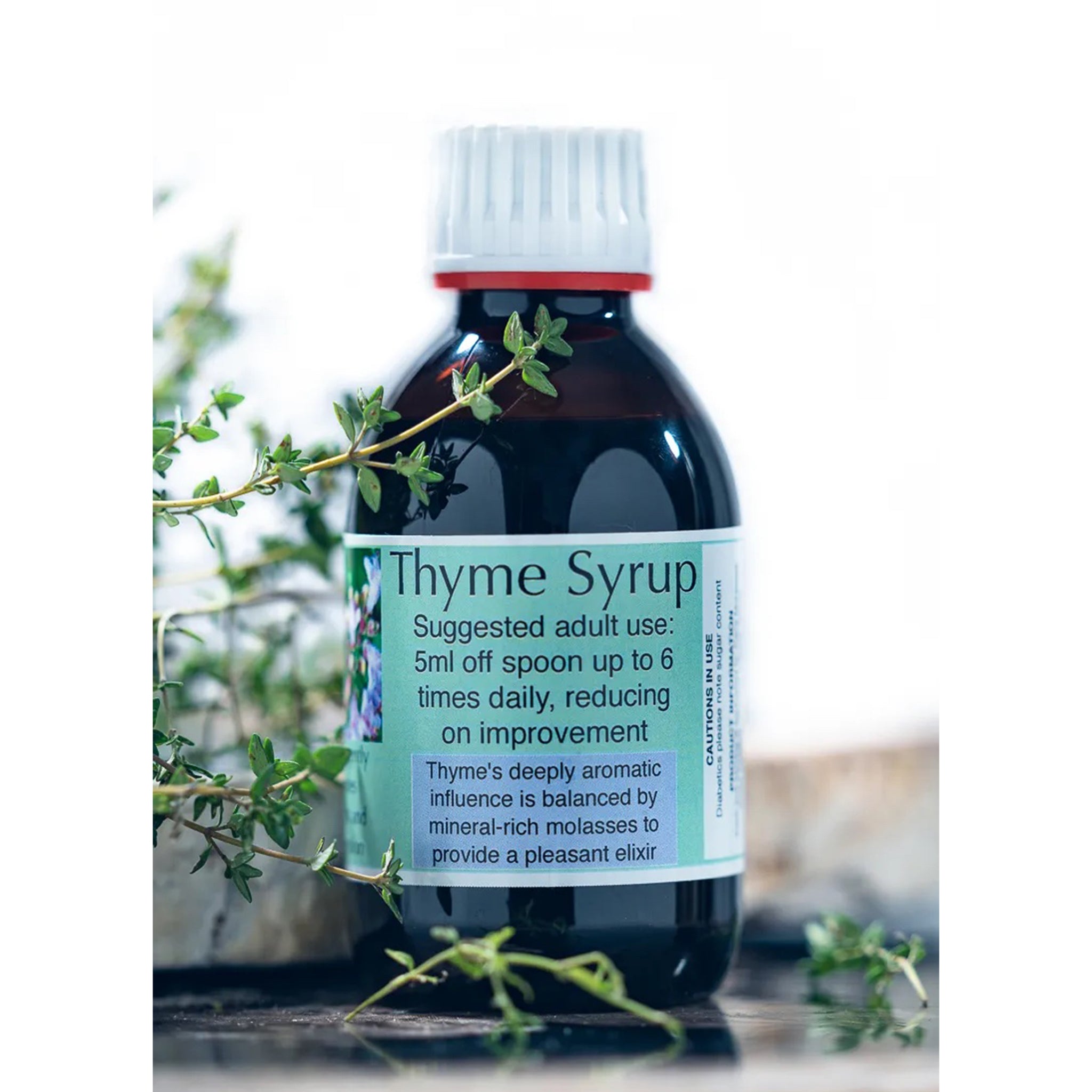Journal
Coffee the Adaptogenic Beverage
Drinking coffee has several health benefits Coffee is liver protecting, even mitigating the negative effects of alcohol – http://www.ncbi.nlm.nih.gov/pmc/articles/PMC4416533/ Coffee provides significant amounts of magnesium, B vitamins and other nutrients Coffee is protective against breast cancer – http://www.sciencedaily.com/releases/2011/05/110510211602.htm Coffee is thyroid supportive and stimulates metabolism Caffeine is neuroprotective and may help prevent Alzheimer’s disease – http://www.ncbi.nlm.nih.gov/pubmed/12099922 Coffee has been shown to reduce depression and suicide risk – http://www.ncbi.nlm.nih.gov/pubmed/8604958?dopt=AbstractPlus An interesting point about coffee is how and when you drink it. Coffee should make you feel calm but alert, energetic but not wired. Many people feel shaky, nervous, and anxious after coffee. This is quite obviously not a helpful healthy way to feel. 5 tips to drinking coffee Don’t have coffee on rising on an empty stomach. Have it with a meal containing protein and carbohydrate. Do have coffee with some fat, like full fat milk or cream. You may want to add a tsp or 2 of coconut oil too. Sugar or honey added to your coffee will help the liver deal with the metabolic effects of the caffeine. Or drink it with something sweet. Do add collagen for another wonderful health promoting dimension – gelatin is anti-stress and has a calming effect on the body and is also anti-inflammatory. Experiment with coffee and see how you feel. Coffee intolerance can be a sign of hypothyroidism and care should be taken. How I like my coffee Warm up a saucepan of milk. Add to your coffee and stir in one or two heaped teaspoon of collagen for its anti-aging and anti-inflammatory effects, stirring until dissolved. You may want more or less or to use honey. More about coffee and caffeine
Learn more8 ways to help prevent the Flu
“Researchers, led by Vancouver’s Dr. Danuta Skowronski, an influenza expert at the B.C. Centre for Disease Control, noticed in the early weeks of the [2009 H1N1] pandemic that people who got a flu shot for the 2008-09 winter seemed to be more likely to get infected with the pandemic virus than people who hadn’t received a flu shot. Five studies done in several provinces showed the same unsettling results.” Increased risk of non-influenza respiratory virus infections associated with receipt of inactivated influenza vaccine Annual vaccination against influenza virus hampers development of virus-specific CD8⁺ T cell immunity in children As it is reported that the flu vaccine is practically useless and many parents are concerned about the nasal flu vaccine for children here are 8 ways to promote a healthy, strong immune system – 1 Avoid PUFA’s (Polyunsaturated Fatty Acids) ie all vegetable oils (including rapeseed, soy, sunflower and any spreads) as they weaken the immune system – use coconut oil and butter which strengthen the immune system. Olive oil is also fine. Why you may want to throw away those ‘golden’ oils 2 Keep your chest and neck warm with a scarf. Wear a hat and warm socks and dress warmly as shivering depresses the immune system. 3 Wash your hands. Though most infections are airborne it is easy to transmit germs to the mouth and nose from germs on our hands. 4 Ensure you have optimal Vitamin D levels. 5 Consider a maintenance dose of Echinacea. 5ml before bed appears to be ideal, upping the dose if you feel a virus coming on. Please call for our high quality, proprietary Echinacea tincture. 6 Consider taking zinc, optimal doses of Vitamin C, Beta Glucan, and a Probiotic. Elderberry is wonderful to help children over the winter. Elderberry and immunity. Studies prove that Probiotics improve the body’s resistance to viruses and bacterial infections. Effects of Beta Glucan on immune system, 7 Do moderate exercise. This increases the number of natural killer cells in our bodies, conversely too much exercise lowers them. 8 Ensure adequate sleep, optimal nutrition and manage stress levels.
Learn moreSilence in a world that can’t stop talking
The wind howls, but the mountains remain still – Japanese Proverb In the modern world silence is a luxury, though some find it ‘golden’ others will find it frightening, perhaps because of the constant need to fill ‘space’. There are people today all over the world who have chosen a life of silence from monks to explorers visiting the corners of the earth. Kamo No Chomei, a 12th Century Japanese recluse said “Even though I make no special attempt to observe the discipline of silence, living alone automatically makes me refrain from the sins of speech.” With silence comes contemplation and an opportunity to reconnect with your heart and your true self. To embody silence means to be totally at peace with oneself and in a place of comfort, free from judgment, fear and self-doubting. The side effect is a natural mindfulness that isn’t structured or timed or taking place in a class but is just there. In day to day life practicing quiet and silence means you have to listen more. Refraining from always talking and interjecting. It’s an interesting practice. I had one very special moment of silence and stillness as I swung my car into my drive one late afternoon. A beautiful deer was standing there, he had probably been nibbling at some shrub, and as he began to dart across the garden I was entranced as his white tail bobbed up and down before escaping to the safety of the trees. I was stopped in my tracks and I sat there for a while with a real feeling of peace and gratitude. It was a settling experience after another busy day and in that short space I felt that everything had come back together again. Why you might want to practice silence – Silence is anchoring. It brings self awareness and discipline. It encourages the practice of true listening and non judgment. Silence allows you to become more of a human being than a human doing. Silence and peace helps lowers cortisol and adrenal levels, reducing the negative effects of stress. No utterance at all, no speech no sound that anyone can hearYet their voice goes out through all the earthAnd their message to the ends of the world—The Jerusalem Bible, Psalm 19: verse 2
Learn moreRaw Power Breakfast
I first had this raw power breakfast about 15 years ago and my father has had it every day since. It has changed slightly over the years with a few additions but it provides such an array of nutrients you almost feel virtuous after it. It is also wonderful for a sluggish bowel. The night before ……. In the mini chopper add 3 tablespoons of mixed seeds and nuts eg, flax, chia, walnuts, almonds, pumpkin, sunflower. Cover the seeds with about 100ml liquid (marked on the chopper) either milk or apple juice. Stir and leave overnight. In the morning (and this is where you can go with the seasons but the following is the basic idea) -1 organic apple, 1 organic banana, a handful of sultanas, 1 tablespoon of melted coconut oil and a little more liquid to loosen. Blend in the chopper. Drizzle over raw honey, coconut chips and gogi berries. In the summer months I love figs and the seasonal berries.
Learn moreLiver – Nature’s Powerhouse
5 GOOD REASONS TO EAT MORE LIVER Liver is one of the most nutrient-dense foods around. By far the best source of B12. Contains all the fat soluable vitamins, A, D, E and K. Contains iron, in its most bio-available form. Liver is the best source of copper (which many of us are deficient in) and also a good source of zinc and chromium. Contrary to the belief that the liver is a storage organ for toxins it does in fact neutralise toxins with the help of the nutrients you obtain from liver. Toxins are more likely to be stored in fat tissues. Eating liver is one of the best ways to aid good liver function. CHICKEN LIVER PATE RECIPE Ingredients – 150g butter (from grass fed cows), 250g organic chicken livers, 1 large chopped onion, 2 crushed garlic cloves, 1 dessertspoon of brandy, 2 tbsp creme fraiche, sprig of thyme, sea salt to taste. Method – Gently fry the chicken livers with the thyme in half of the butter for around 3 minutes on each side till cooked but slightly pink in the centre. Add the brandy and cook for a further minute. Remove the livers from the pan, discard the thyme and blend in a food processor. Add the rest of the butter and the chopped onion to the pan cooking gently till soft, add in the garlic in at the end until cooked. Put all the contents in to the food processor on top of the liver and blend till smooth. Finally add the creme fraiche and blend till smooth.
Learn moreSigns you may have a B12 deficiency
B12 deficiency lurks silently but common symptoms and commonalities include – Poor memory, a decline in cognition, dementia or Alzheimer diagnosis MS or other neurological disorders Constant tiredness and low energy Autism spectrum disorders Bipolar, depression, anxiety A smooth tongue Muscle weakness and problems walking Pale skin B12 deficiency is a widespread silent epidemic. The Framingham Offspring Study showed that 40% of people between 26 and 83 had low enough plasma B12 levels to experience neurological symptoms. Unfortunately it is not routinely tested and many people have ‘normal’ B12 results as the laboratory low end of the reference range is too low. I would suggest this test, which measures levels of the biologically-active component of vitamin B12, thought to be the best early indicator of vitamin B12 deficiency. Those mostly at risk are vegans, vegetarians (B12 is found ONLY in animal products), the elderly, pregnant women, regular users of acid suppressing drugs, those on diabetic drugs like Metaformin, sufferers of Crohn’s disease, IBS, coeliac disease or ulcerative colitis and women with a history of miscarriages or infertility. Interestingly children brought up on a vegan diet up to the age of 6 have been shown to be B12 deficient even years after they started to eat some kind of animal product. See study on vegan children here. In the elderly B12 deficiency is often associated with gastritis, see study here. B12 is vital for energy, the formation of blood cells, and for the proper functioning and health of nerve tissue. If left untreated B12 deficiency can lead to anaemia as well as nerve and brain damage that is sometimes irreversible. Foods highest in B12 are liver, beef, shellfish, oily fish, eggs and milk, but even those eating large amounts of B12 rich foods can be deficient due to poor gut health. It is critical to heal the gut through elimination of inflammatory causing foods with the addition of gelatin rich foods and appropriate herbs or supplementation. Supplementation when necessary is easy. Buy B12 oral spray here. “Many members of the Pernicious Anaemia Society use the spray to keep their B12 levels topped up between injections, because the spray is so potent (one spray is equal to 12,000% of the recommended daily intake) and because it enters the bloodstream straight away!” Martyn Hooper, Chair of the Pernicious Anaemia Society. So next time you have a ‘senior moment’ perhaps you need to consider B12.
Learn moreSoothing Vitamin C Drink
THE DRINK This is one of my go to beverages to ease inflammation, soothe the nerves, help the liver do its job and keep stress hormones down. This soothing Vitamin C drink is wonderful for this time of year too. It just feels good. Oranges contain Vitamin C, Magnesium, fibre, protein, Potassium, Phosphorus, Calcium, Iron, Selenium, Manganese, Copper, Zinc and small amounts of other vitamins and minerals. Add to this some raw honey, collagen and a pinch of salt and you have a great anti-stress, anti-inflammatory, immune boosting drink. METHOD Juice 2 or 3 oranges or use a glass of smooth orange juice from a carton. In a small bowl add 2 teaspoons of gelatin – Buy gelatin here – cover with 3 tablespoons of water and leave for 10 minutes to ‘bloom’. You can add 1 tablespoon of the ready prepared hydrolysed collagen instead, but sometimes gelatin is preferred. Add the orange juice to a small saucepan with a cup of water. Warm up and stir in the prepared gelatin or hydrolysed collagen, stirring until dissolved. Stir in 2 teaspoons of raw honey and a pinch of sea salt. Drink.
Learn moreRestlessness – 5 tips to restfulness
A restless mind can feel like a real curse with ruminating thoughts, forward and backward thinking, recycling and regurgitating, always planning, rarely being in the moment. Rafaella Monne who lived to 107 on the island of Sardinia said “Life is short. Don’t run so fast you miss it”. I think she embraced every moment and lived a full and present life. Homeostasis is from the Greek phrase ‘standing still’ and when we reflect on that for a moment we come to understand our body is contantly trying to regulate and be regular, physically and emotionally. It is quite a calming thought in itself! Sometimes restlessness and busyness comes from trying to escape from something and so we distract ourselves by always doing, planning, pleasure seeking and hedonism. We can become entrenched in the chattering monkey in our heads blaming, judging, stressing, ruminating and so it go’s on. You CAN become unstuck and experience the joy that comes from real peace and relaxation. Peace of mind allows you to experience real freedom. Practice being still. Take 5 minutes morning and evening to settle with 7/11 breathing. Breath in for 7 out for 11. Put both hands over your heart and practice feeling appreciative, thankful and grateful. An appreciative heart is good medicine. Stop desiring constant entertainment from talking, phones, TV, over the top socializing. Find peace within yourself. Decide that rumination is unhealthy and pointless. Write down any thoughts and feelings that have been troubling you and notice how the act of writing itself can bring a sense of freedom. Walk daily immersing yourself in the world around you. The air, sounds, the earth beneath your feet. Make this a disciplined time where you are completely out of your head. Be grateful for small things. You are rich if you have food on the table, a roof over your head and companionship. Acknowledge your feelings and validate them. Sometimes we are like an onion. Layers that have built up over the years that need peeling back to reveal peace and comfort.
Learn moreRestless Leg Syndrome Treatment
Restless leg syndrome a condition of the nervous system is a very common but disturbing problem. It expresses itself as an overwhelming feeling and urge to keep your legs moving. It can feel like a creeping, crawling sensation up the legs and is relieved by moving. It is uncomfortable and disturbing and is often worse at night, during pregnancy and is common in those with diabetes, anemia and rheumatoid arthritis though anyone even children can complain of it. 5 TOP TIPS TO ALLEVIATE RESTLESS LEGS Ensure magnesium levels are replenished and often a good quality therapeutic dose of magnesium will fix the problem. We had wonderful feedback from a gentleman of 95 who had suffered with terrible night time restless legs and after his first dose of ReMag the problem resolved. Cramping and muscle tightness is often due to electrolyte and mineral depletion so ensure adequate amounts of calcium, salt, potassium, iron and magnesium are part of your diet. Good sources of iron are liver, molasses, nettle tea and dark chocolate. Do some moderate exercise, walking daily. Take Epsom salt baths for relaxation and transdermal mineral absorption. Reduce stress, taking time out to relax and be mindful.
Learn more











